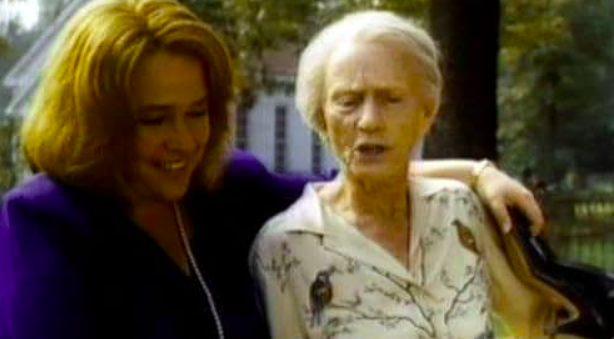
When Fried Green Tomatoes premiered in 1991, it did more than deliver a heartwarming tale; it helped reshape how Hollywood looked at Southern narratives. Before its release, Southern-set films often leaned heavily on stereotypes. But this adaptation of Fannie Flagg’s novel brought complexity, humor, and deep humanity to a small Alabama town.
The Whistle Stop Café became a character in itself, alive with the smells of comfort food and the rhythm of everyday life. Through its alternating timelines, the film explored issues of race, gender, and justice without losing the charm of a good story told on a porch swing. Audiences were invited not just to watch but to feel the South—the slow afternoons, the lingering glances, the unspoken codes of love and loyalty.
Its success opened the door for a wave of Southern-set dramas and television series that dared to mix warmth with social commentary. Decades later, Fried Green Tomatoes remains a touchstone for filmmakers and fans alike, proving that a small café in a quiet town can serve up lessons as rich and satisfying as the famous dish itself.
